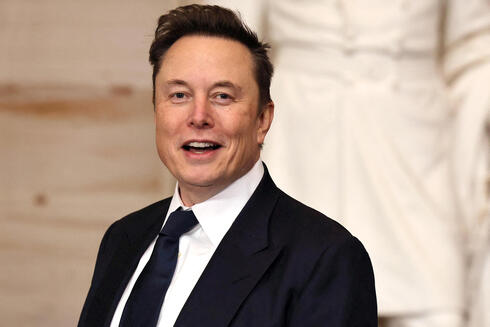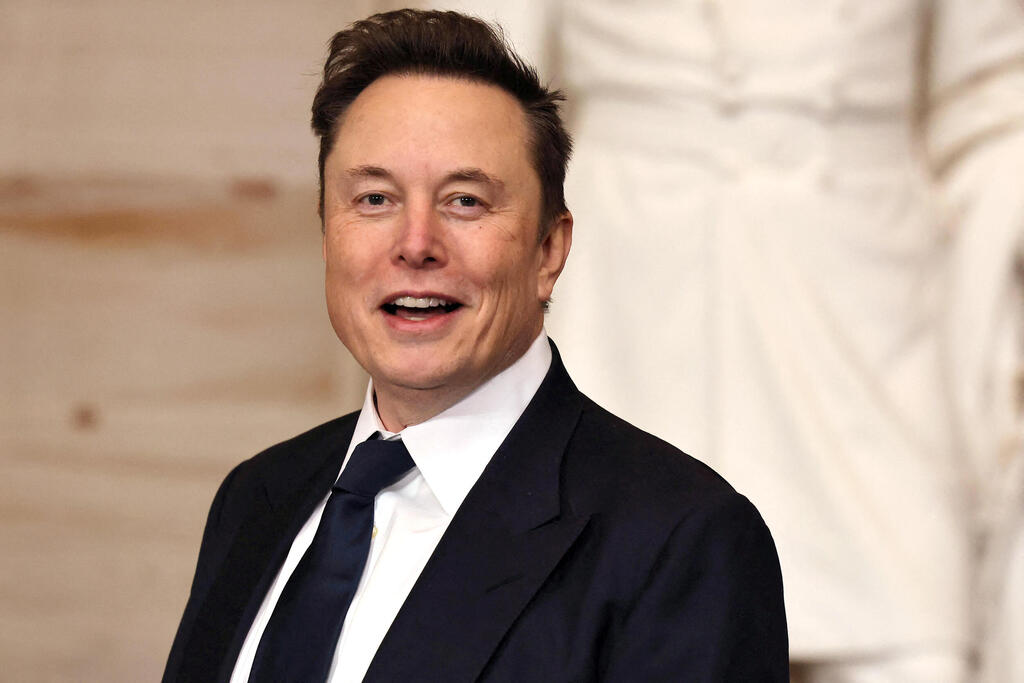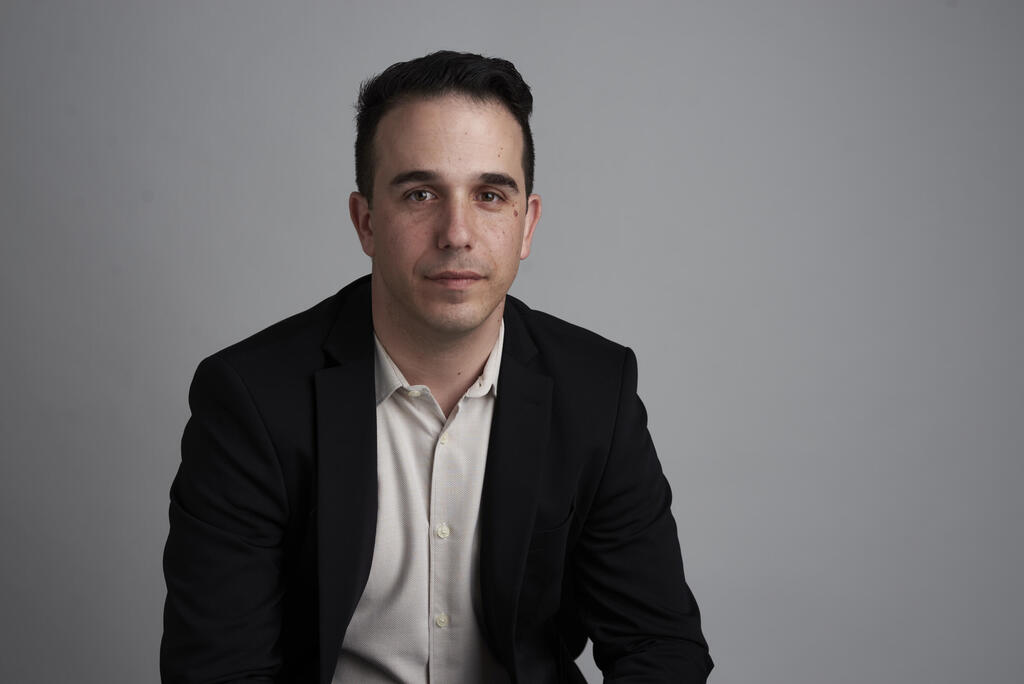
Opinion
Musk vs OpenAI - A lawsuit that won't hold water
“Musk’s legal battle seems destined to fail in court, even if it holds value in terms of public perception or competitive positioning,” write attorneys Ohad Telraz and Gilad Finkelstein.
Review of recent legal proceedings filed by Elon Musk against OpenAI leaves the reader wondering: Is Musk genuinely fighting for the values of altruism and open-source principles, or is this yet another move designed to secure his control over one of the world's hottest technologies? The legal battle between Musk and the artificial intelligence giant OpenAI, along with its major backer Microsoft, is reshaping dynamics in the tech industry and raising a fundamental question: To what extent does the concept of “public benefit” influence contracts and investments in technological ventures that have the potential to generate billions?
Contrary to the impression Musk seeks to create, it appears that this battle may be rooted in business competition between OpenAI and Musk's competing AI company, xAI.
Background: What’s Actually Happening?
OpenAI, which became a global powerhouse in artificial intelligence thanks to ChatGPT, was founded in 2015 as a nonprofit organization. Musk initially invested millions of dollars and committed to supporting its founding vision: an organization working for the common good, with open-source code, free access, and nonprofit incentives.
However, the landscape has since shifted. AI development requires enormous budgets, top-tier talent, and substantial funding. Microsoft stepped in with billions of dollars as a strategic investment, transitioning OpenAI into a profit-oriented company—a move that seems almost inevitable in such a resource-intensive industry.
The Legal Arguments – And What’s Behind Them
Musk claims that OpenAI’s shift from a philanthropic entity to a commercial company constitutes a breach of a "quasi-contract," violating the pursuit of broad public values. However, his legal filings focus heavily on alleged antitrust law violations and suggest damages to his own company, xAI. This raises suspicions that Musk’s principled argument about “public benefit” may simply be a pretext for a broader battle over dominance in the AI market.
Surprisingly, there are no written documents or explicit contracts supporting Musk’s claims. Musk relies on verbal statements allegedly made by OpenAI CEO Sam Altman to argue for the existence of an “implied contract.” Without clearly stipulated terms, however, Musk faces an uphill battle in proving such a claim.
Why Musk’s Lawsuit Seems Like a Long Shot
History shows that many tech ventures begin as public-philanthropic projects but eventually evolve into profit-driven companies. For instance, Waze, which initially relied on a volunteer-driven community, was ultimately sold to Google for nearly $1 billion as a fully commercial enterprise.
The assumption that OpenAI could remain a purely nonprofit organization seems unrealistic, particularly given the massive investments and economic risks involved in the highly competitive AI market.
From a legal perspective, Musk’s case appears weak in the absence of documentation or explicit conditions tying his investment to nonprofit objectives. His argument that his investment creates an “implied trust” also seems more like an attempt to reduce competition from OpenAI against xAI than a genuine concern for public benefit.
Looking Ahead
The interplay between social goals and commercial profits is inherently complex and rarely straightforward. Without clear legislation or binding agreements defining a company’s mission, the shift from philanthropic to profit-driven entities is often inevitable.
Musk’s legal battle seems destined to fail in court, even if it holds value in terms of public perception or competitive positioning. As with most disputes in the tech world, the ultimate deciding factor will be the interests of investors and dominant companies. And in the end, one driving force remains above all: profitability.
The article was written by attorney Ohad Telraz and attorney (CPA) Gilad Finkelstein.















